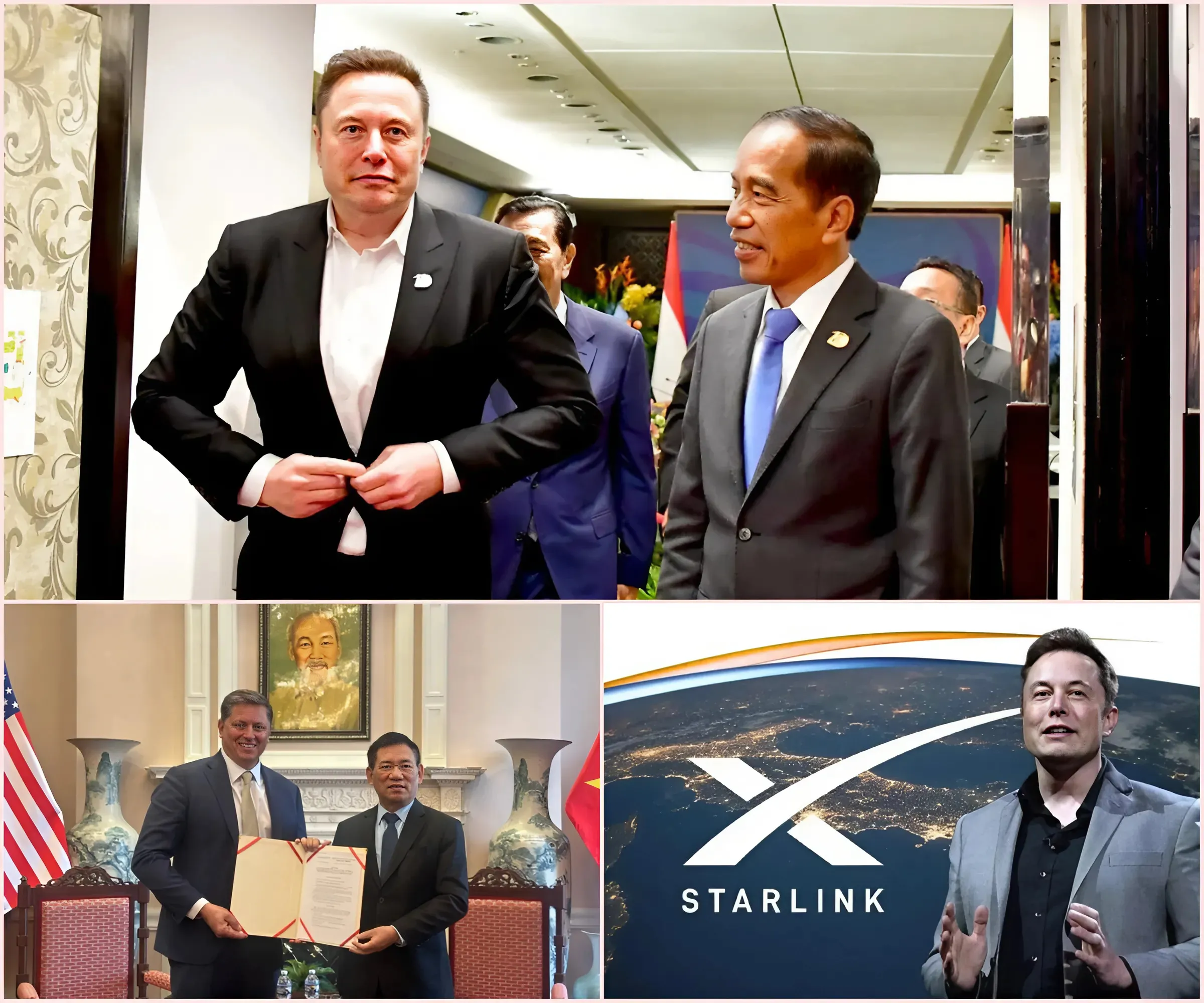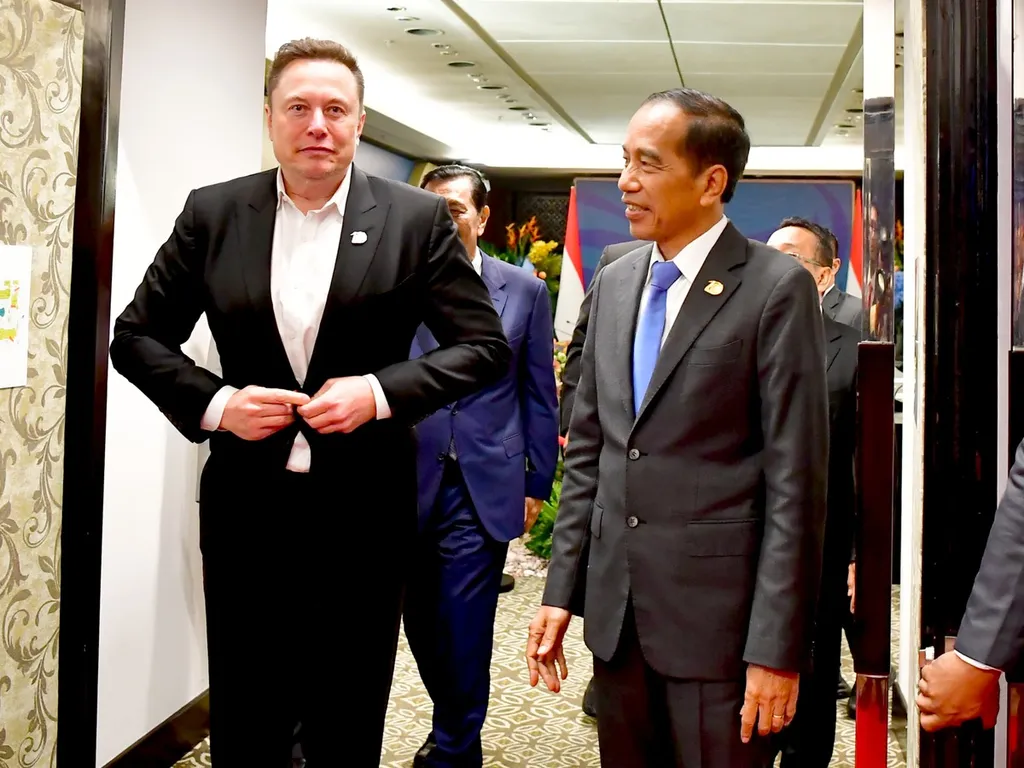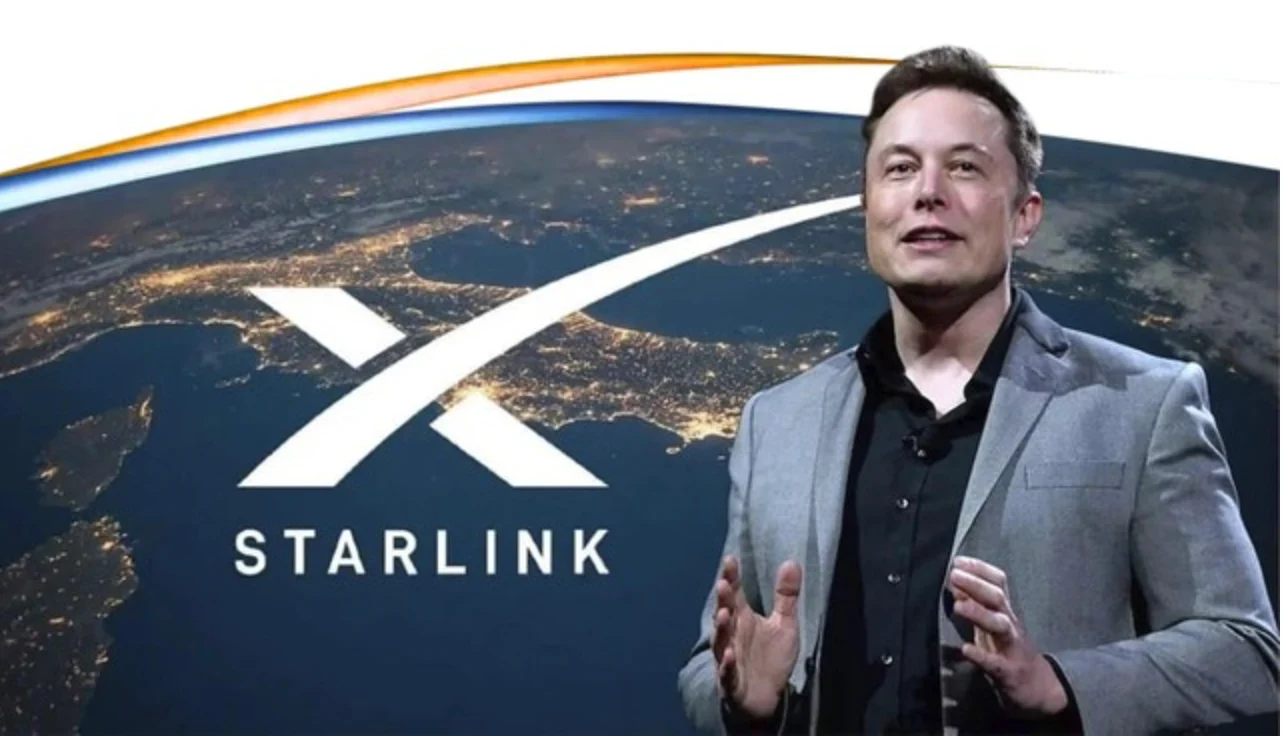In a groundbreaking development for Vietnam’s digital landscape, Elon Musk’s SpaceX has secured approval to launch its Starlink satellite internet service on a trial basis, marking a significant step toward bridging the country’s connectivity gaps. Announced on March 25, 2025, the decision allows Starlink to operate until January 1, 2031, with a cap of 600,000 subscribers. Yet, while the project promises transformative benefits, it has also sparked debates about security, competition, and geopolitical implications. What does Starlink’s arrival mean for Vietnam, and why is it stirring both excitement and unease?
The Vietnamese government’s green light, signed by Deputy Prime Minister Nguyen Chi Dung, permits SpaceX to deploy low-orbit satellite technology without foreign ownership limits—a rare concession for a nation cautious about external control over critical infrastructure. The trial, overseen by the Ministries of National Defense, Public Security, and Science and Technology, will offer fixed and mobile services, including internet at sea and on flights. This move aligns with Vietnam’s push for universal internet access, especially in 1,500 remote villages where connectivity remains scarce. SpaceX’s proposed $1.5 billion investment, discussed during a September 2024 meeting between Prime Minister Pham Minh Chinh and SpaceX’s Tim Hughes, underscores the project’s ambition.

Starlink’s appeal lies in its simplicity and reach. Unlike Vietnam’s fiber-optic networks, reliant on undersea cables prone to disruptions (like shark bites), Starlink’s 7,000+ satellites promise high-speed internet—up to 200 Mbps, as tested in Hanoi in 2023—via a compact $599 dish. For rural areas, maritime users, or disaster zones, this could be a game-changer, fostering e-commerce, education, and telemedicine. Posts on X reflect tech enthusiasts’ eagerness, with many anticipating applications in agriculture and disaster management.

However, concerns loom large. Vietnam’s cybersecurity laws, which tightly regulate online activity, raise questions about Starlink’s data routing. The requirement for a ground gateway station ensures traffic passes through local networks, but critics worry about surveillance or censorship. Domestic providers like Viettel and FPT, offering cheaper plans (as low as $6.55/month versus Starlink’s $50-$165), fear losing market share, though experts argue Starlink targets niche users. Geopolitically, the decision is seen as an “olive branch” to the U.S. amid tariff threats, with Vietnam’s $123 billion trade surplus under scrutiny. Yet, aligning with Musk—a polarizing figure tied to Trump—risks tensions with China, which views Starlink as a security threat.
The trial’s success hinges on SpaceX navigating Vietnam’s regulatory maze and proving its value without destabilizing local dynamics. For Musk, it’s a chance to cement Starlink’s global dominance, now spanning 120+ markets. For Vietnam, it’s a gamble on innovation versus control. Will Starlink revolutionize connectivity or stir unforeseen conflicts? As the pilot unfolds, the nation watches closely, balancing hope against caution in this high-stakes digital leap.






